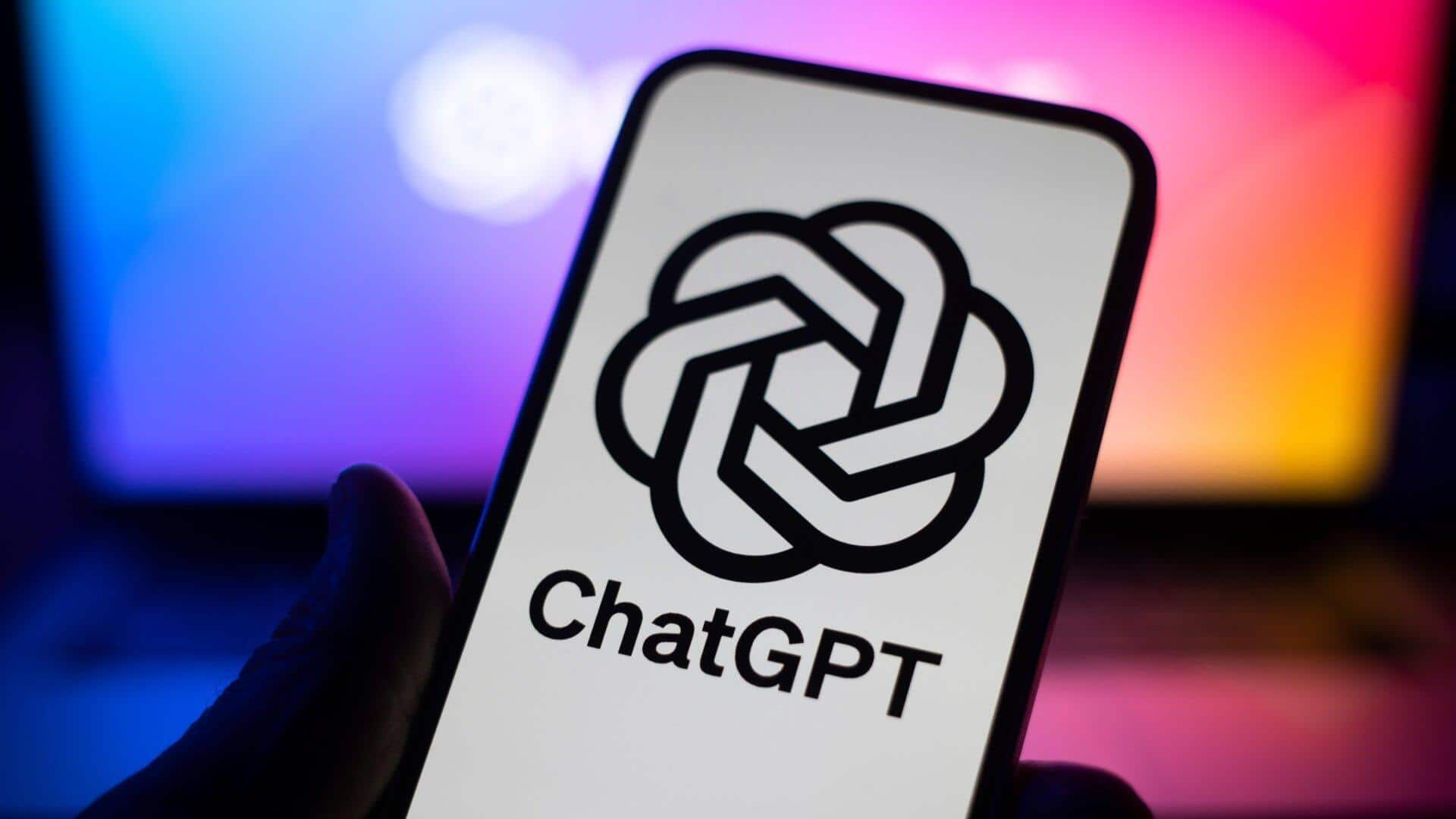
Man uses ChatGPT as lawyer—wins ₹2L refund for canceled flight
What's the story
A US-based traveler has successfully received a refund of $2,500 (around ₹2.1 lakh) for his canceled trip to Medellin, Colombia, with the help of artificial intelligence (AI). As shared on Reddit, the man had booked a hotel and flight through Expedia without cancellation insurance. But, due to a medical issue called Generalized Anxiety Disorder (GAD), he was forced to cancel his trip. Both hotel and airline initially refused any refunds despite having a doctor's note verifying his medical condition.
AI intervention
AI steps in to advocate for refund
In a bid to overturn the non-refundable policy, the traveler sought assistance from ChatGPT. The AI meticulously analyzed Expedia's terms and policies of both the hotel and airline. It then drafted a detailed letter advocating for an exception due to the traveler's medical hardship. This letter was instrumental in persuading the hotel to reverse its decision and process a full refund.
Refund reversal
Airline initially refuses but later agrees to refund
Despite the hotel agreeing to issue a full refund, the airline stood firm. Their policy only made exceptions for terminal illness or death, and mental health issues didn't qualify. However, upon presenting the airline's response to ChatGPT, it drafted another letter arguing that dismissing GAD as an invalid medical condition was discrimination. The AI also explained how his mental health could affect air travel significantly. Within an hour of sending this letter, the airline agreed to issue a full refund.
Online reactions
Reddit users divided over AI's role in the complete process
The traveler's successful use of AI to get a refund has drawn mixed reactions on Reddit. While some hailed his innovative approach and persistence, others questioned its ethics. One user slammed the method as dishonest, while another praised ChatGPT for potentially paying for itself many times over in one shot. The traveler clarified that ChatGPT didn't create false excuses but helped articulate a real medical issue, backed by research.